AI Adoption Is Accelerating — But Not All Platforms Are Created Equal
Healthcare leaders know they need automation.
Margins are tightening. Labor costs are rising. Payer complexity is increasing.
And operational workflows are more fragmented than ever — especially for MSOs and health systems operating across multiple EHRs.
AI is no longer a “nice to have.”
It’s the infrastructure layer that determines:
- How efficiently organizations operate
- How well they scale
- How reliably they capture revenue
- How competitive they are in a value-based environment
But with new vendors appearing every month, leaders face a real question:
What actually matters when selecting an automation platform?
Below are the essential criteria every organization must evaluate to ensure they choose a platform capable of supporting enterprise-level healthcare operations — today and long-term.
1. Ability to Integrate Seamlessly With Your EHR Stack
If an automation platform can’t connect to your existing systems, its value collapses immediately.
Evaluate:
- EHR integrations (Epic, Cerner, Athena, eCW, NextGen, ModMed, etc.)
- HL7/FHIR support
- API-based data syncing
- Automated document ingestion and attachment
- Bi-directional workflow updates
Why it matters:
Your EHR stays the clinical system of record — automation must complement it, not replace it.
2. Full Coverage Across Operational Workflows
The highest ROI comes from platforms that automate multiple workflows, not single tasks.
Look for automation that covers:
- Intake & patient registration
- Eligibility checks
- Referral processing & triage
- Prior authorizations
- Fax/document management
- Refill workflows
- Provider documentation support
- Coding & RCM optimization
- Denial prevention
- Task routing and workflow orchestration
Why it matters:
Workflow fragmentation drains staff time. End-to-end automation creates exponential efficiency.
3. Healthcare-Specific AI Models
General-purpose AI doesn’t work for healthcare.
You need models trained on:
- Clinical documentation
- Referrals
- Payer rules
- Authorization logic
- Coding patterns
- Specialty-specific workflows
Why it matters:
Accuracy drives trust. General AI produces errors that lead to denials and compliance risk.
4. True Automation — Not Just “AI-Enhanced Software”
Many products claim “AI,” but only offer:
- Templates
- OCR
- Rules-based triggers
- Point solutions
True automation should:
- Complete tasks autonomously
- Make decisions based on rules and context
- Continuously learn from operational patterns
- Eliminate manual steps
Why it matters:
If staff still need to push every button, it’s not automation.
5. Enterprise Security & Compliance
Any automation handling PHI must meet the highest security standards.
Ensure the platform supports:
- HIPAA compliance
- SOC 2 Type II
- Data encryption in transit and at rest
- Role-based access controls
- Audit trails
- Zero-trust security architecture
Why it matters:
Operational efficiency must never compromise patient data.
6. Scalability Across Sites, Service Lines & EHRs
For MSOs, hospitals, and rollups, scalability is everything.
Evaluate whether the platform can:
- Standardize workflows across multiple clinics
- Integrate with different EHRs simultaneously
- Support rapid onboarding after acquisitions
- Handle volume increases without extra staff
Why it matters:
Automation should enable non-linear growth — not grow linearly with headcount.
7. Real-Time Analytics & Operational Visibility
Without insight, automation can’t improve operations.
A strong platform includes:
- Real-time workflow dashboards
- Productivity insights
- Status tracking
- Denial and claim analytics
- Automation ROI reports
- Bottleneck detection
Why it matters:
Executives need actionable intelligence to manage proactively.
8. A Proven Track Record With Your Practice Type
Look for vendors with demonstrated success in:
- Specialty practices
- Multi-site MSOs
- Hospital outpatient departments
- Value-based care organizations
- Complex payer mixes
Why it matters:
Operational automation differs dramatically by specialty — experience matters.
9. Human-in-the-Loop Options Where Needed
The best automation platforms offer flexibility:
- Fully autonomous workflows
- Human review when required
- Escalation paths for exceptions
Why it matters:
Healthcare will always blend automation + human expertise.
10. A Long-Term Automation Roadmap
Your platform should evolve with your organization.
Look for a partner committed to:
- Continuous workflow expansion
- AI model improvement
- Integration enhancements
- Scalable infrastructure
- Strong post-launch support
Why it matters:
You’re not buying a tool — you’re building infrastructure.
Why Honey Health Meets All 10 Criteria
Honey Health was designed specifically for enterprise healthcare operations.
It delivers:
✔ Deep EHR interoperability
✔ End-to-end automation across operations & RCM
✔ Healthcare-trained AI models
✔ Industry-leading security
✔ Multi-site MSO scalability
✔ Real-time operational dashboards
✔ Proven results across specialties
✔ A true automation layer — not another piece of software
It’s the infrastructure layer enabling hospitals, MSOs, and value-based organizations to operate at peak efficiency.
The Bottom Line
Choosing an AI automation platform is one of the most strategically important decisions healthcare leaders will make this decade.
Your platform must be more than a point solution — it must be a long-term operational foundation.
Look for integration, accuracy, scalability, security, and demonstrated success.
Choose automation that makes your entire organization faster, smarter, and more efficient.

